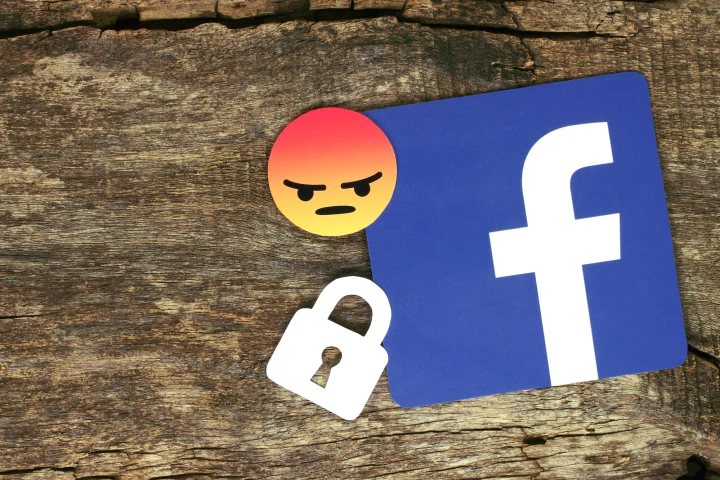Internet Security
-
A new computer processor called Morpheus thwarts hackers by randomly changing its microarchitecture every few milliseconds. The puzzling processor has now aced major tests, repelling hundreds of professional hackers in a DARPA security challenge.
-
IBM security analysts have discovered a global phishing campaign designed to infiltrate organizations associated with managing cold chain supplies of COVID-19 vaccines. The analysis suggests this campaign bears the hallmarks of nation-state spycraft.
-
In an open letter to government officials, Facebook affirmed its commitment to rolling out end-to-end encryption across its messaging platforms. The company suggests law enforcement officials continue to misunderstand how encryption actually works.
-
A recently published open letter, co-signed by US, UK and Australian governments, requests the company halts its plans to roll out end-to-end encryption across all its platforms.
-
When many personal accounts are compromised it is often because someone simply guessed an obvious password. In a new list of the most commonly used passwords of 2018, it's astoundingly revealed that a huge number of people still use "password" as their password.
-
There are compelling reasons to use open source software. There's the obvious benefit that it's free to use. It's arguably more secure. And it's built solely for the benefit of users. This in mind, here are 10 of the best open source alternatives to the software we use on our computers every day.
-
With one eye on a future where brain-monitoring devices are more commonplace, scientists have carried out a study to find out whether these things can be hacked and the brainwaves interpreted to decipher a password, with the findings suggesting that it is in fact entirely possible.
-
In the wake of the recent WannaCry ransomware attack, secretive hacking group The Shadow Brokers has revealed plans to release more stolen data through a subscription service. But who is behind this mysterious disruptive force? Foreign intelligence, anarchic hackers or someone inside the US?
-
A recent revelation about the Westminster Bridge attacker's use of WhatsApp has rekindled the controversial debate over whether tech companies should implement backdoors that allow governments access to encrypted information on digital devices.
-
Last week the US Senate voted to overturn rules preventing ISPs from selling user's web browsing data without opt-in permissions. The controversial vote was a major win for ISPs who were arguing that the new regulations could stifle their ability to compete in the digital advertising marketplace.
-
When using public Wi-Fi, we don’t often think about the sensitive data that our phones, tablets and laptops are constantly transmitting. What exactly are the risks of using public Wi-Fi? How can you keep your data and devices secure?
-
Researchers have found a way to speed up the rate at which data can be securely transmitted using quantum cryptography. It's a development that could pave the way to faster, ultra-secure communications that are impossible to spy on.
Load More











